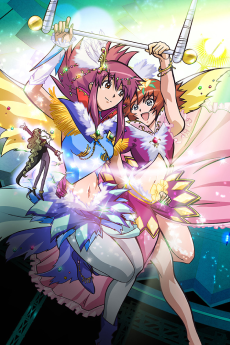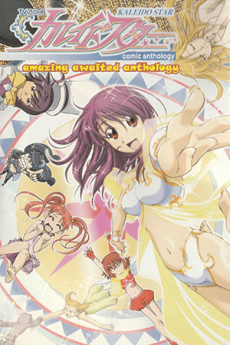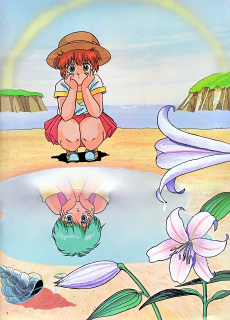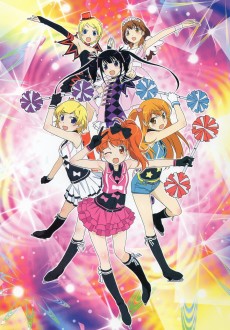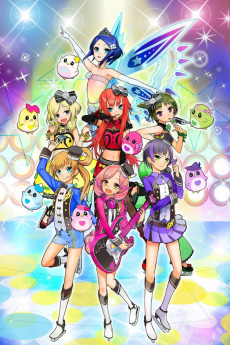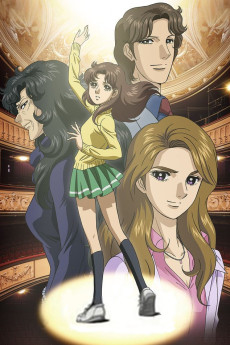KALEIDO STAR
STATUS
COMPLETE
EPISODES
51
RELEASE
March 27, 2004
LENGTH
23 min
DESCRIPTION
Sora, a young girl from Japan, comes to America in search of her dream. She wants, with all her heart, to be a member of the Kaleido Stage, a world famous circus, with a combination of musicals, acrobatics and magical effects. With the help of her friends, she struggles to make this dream come true.
CAST
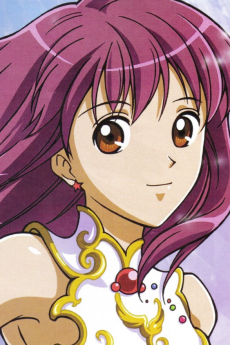
Sora Naegino
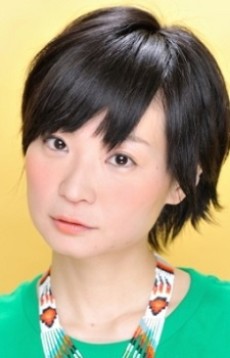
Ryou Hirohashi
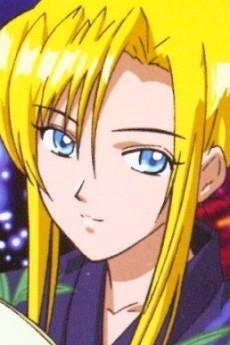
Layla Hamilton
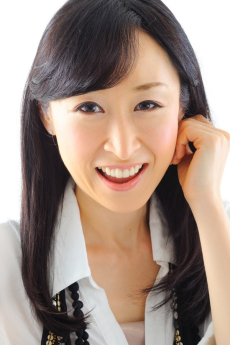
Sayaka Oohara
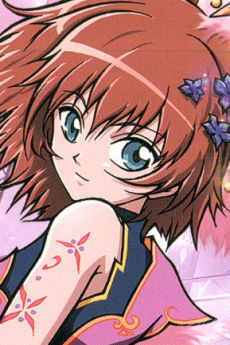
Rosetta Passel
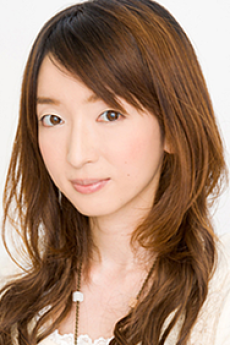
Kaori Mizuhashi
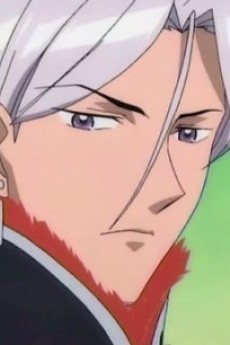
Leon Oswald
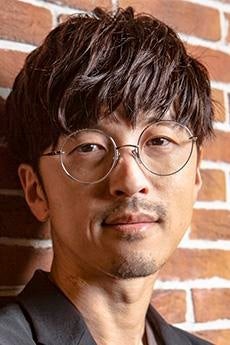
Takahiro Sakurai
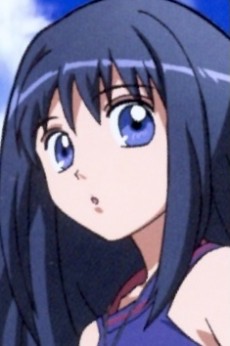
May Wong
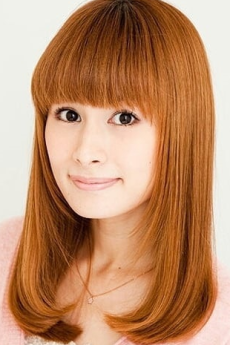
Mai Nakahara

Mia Guillem
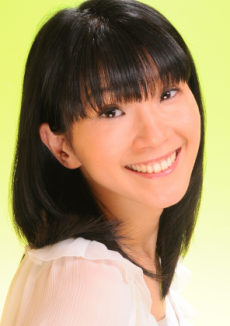
Chinami Nishimura
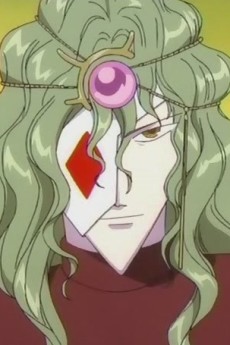
Fool
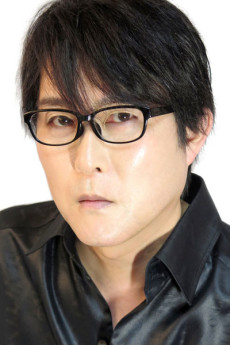
Takehito Koyasu
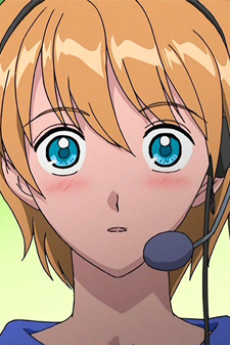
Ken Robbins
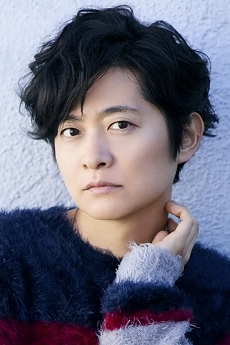
Hiro Shimono

Anna Heart

Akeno Watanabe
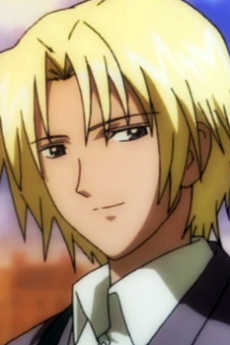
Yuri Killian
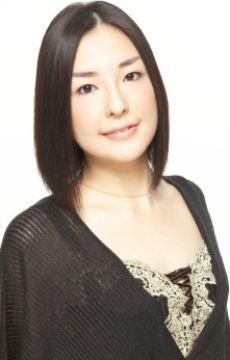
Risa Hayamizu

Jonathan
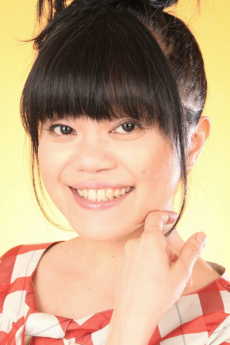
Etsuko Kozakura
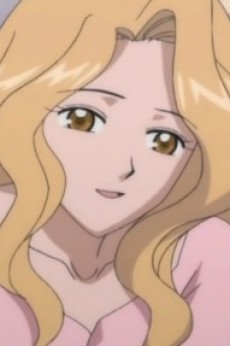
Sarah Dupont
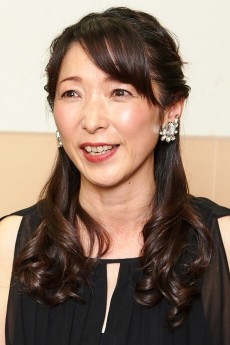
Aya Hisakawa
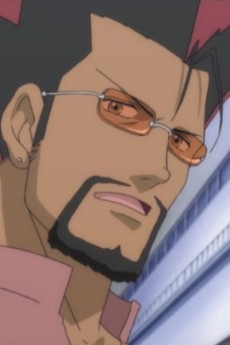
Kalos Eido
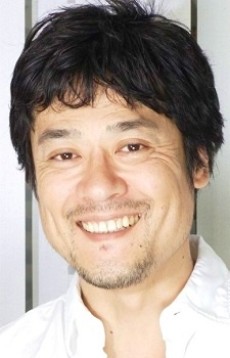
Keiji Fujiwara
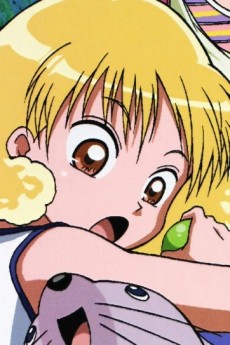
Marion Benigni
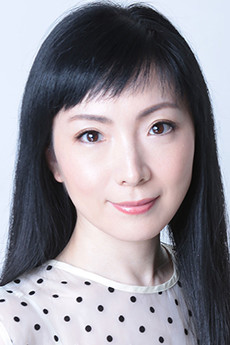
Fumiko Orikasa
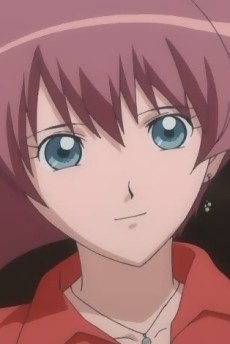
Cathy Taymor
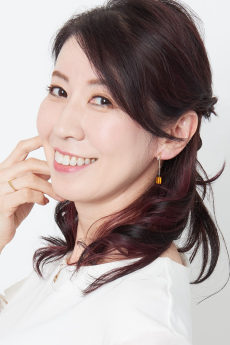
Kotono Mitsuishi
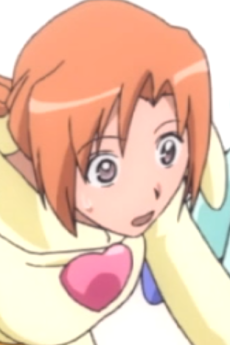
Hanna

Mayumi Yanagisawa
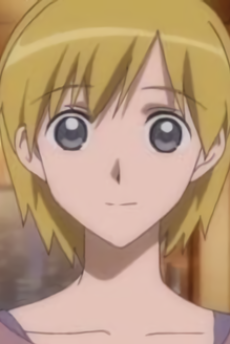
Macquarie

Ryouka Shima
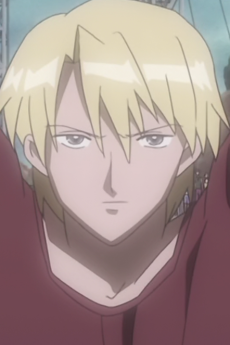
Arlon Brass

Takeharu Onishi

Sophie Oswald
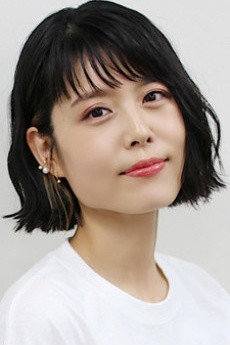
Miyuki Sawashiro

Pamela
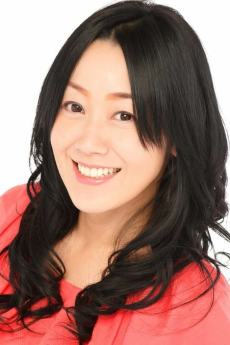
Yuu Asakawa

Manami
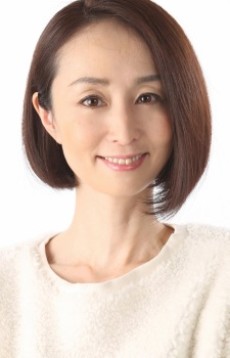
Megumi Toyoguchi

Jerry
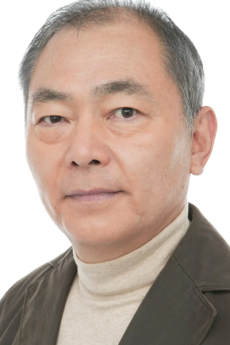
Unshou Ishizuka

Barbara
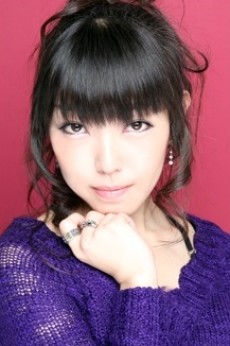
Akira Kasahara
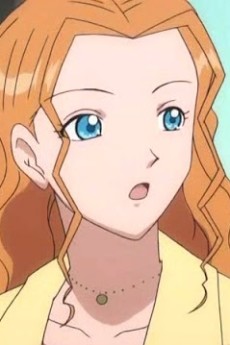
Kate

Mayumi Yanagisawa
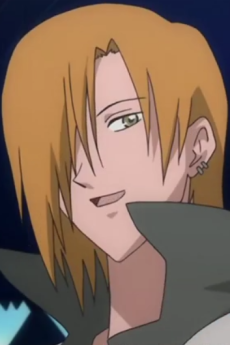
Dio
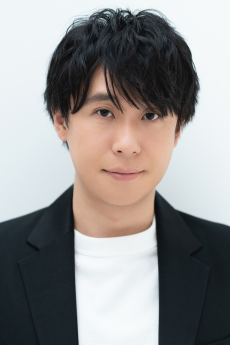
Kenichi Suzumura
EPISODES
Dubbed
RELATED TO KALEIDO STAR
REVIEWS

Heiankyo
100/100Inspirational show for everyone, mixing genre elements and commenting on the value of entertainment.Continue on AniListTo me, most of the best anime are ones that can be enjoyed for a multitude of reasons, and be accessible for everyone. At the same time, focus and dignity is important too. Some others would say that the director’s vision is what matters the most, and that everything else should be in service of that larger goal.
Kaleido Star is a show that explores these viewpoints and more, while on its own being an excellent sports, almost shounen, kind of story. With a supernatural element, some shoujo drama, and a big chunk of comedy it sounds like it should be a complete mess however, right? But director Junichi Sato (known for classics such as Sailor Moon, Princess Tutu and Aria) knew exactly what he was doing and created with over 40 episodes one of the most inspirational original anime I’ve seen.
Deciding on setting the story within a circus was such a genius move which allows for all the aforementioned ideas to work together. Grounded, lots of characters with unique motivations coming together and with a surprisingly, but not exclusively, competitive nature. The circus itself, Kaleido Stage, has a very memorable design and is practically a character of its own.
Speaking of characters, our protagonist Sora is an immediately likable genki girl with energy rivaling the best shounen leads. A large portion of the anime is about her overcoming various obstacles in order to stay on stage, challenge others in auditions for a role and most importantly make the audience happy.
As her foil acts the initially abrasive-seeming Layla Hamilton, a long-time performer that actually has been one of Sora’s idols before joining the stage. Both get a lot of character development over the course of the series, and are not strictly just in a rival relationship with each other.
To bring up the supernatural element I mentioned, we have a small “spirit of the stage” called Fool whom only a few people can see. He is mostly a plot device but also acts as one source of comic relief in his antics with Sora (which are somewhat of perverted nature but nothing terrible really), and to add a sort of mystical atmosphere.
A bit into the show, Sora also becomes a role model herself for the adorable Rosetta. The other side characters are great too, with everyone having a distinct personality trait that keep their motivations for being there always high up.
One thing to note, there are a few unintentional (and one intentional) red herrings implying a romantic subplot for the protagonist. This might be a spoiler, but I’m just gonna say there is no romance (at least for the mc). For me this was pretty refreshing, but others might be disappointed.
There are two other major characters being introduced in the second half, but first I’m gonna talk about the structure of the series.
The total of 51 episodes are divided into two seasons, with two recap episodes in the middle. The first already has a pretty climatic ending, and the second builds upon the outcome of it. The finale is one of the most satisfying endings I’ve experienced in anime.
The show has a very brisk pace and never meanders around. Aside from like 3-4 episodes in the first half that can feel like filler, there’s always a new and serious conflict happening for our main characters. What’s great here are the unique stakes thanks to the setting. Sora is in a different country and not in school, betting all on her career in the circus to work out. Since the show doesn’t just revolve around having to beat others, and performances are adjustable, possible mistakes can change the course of the story drastically.
So, let’s talk about the performances then. They are really awesome. To bring up the sports and shounen parallels, imagine the training arcs or montages, building up to a fight to show off what they’ve learned. Both however are fairly limited in what they can do. On a stage with acrobats though, you can do all kind of crazy stunts and have intricate movement that actually makes sense to use. Of course, tension from possible injuries (and even death) is there too. The animation in these are usually great too, with only some still images being used here and there.
Now I’m gonna talk about the second season, which will get a bit more personal. I’ve seen a lot of people who don’t like or outright hate it, but for me it might actually be my favorite half as it expands on the themes of the show immensely. Entertainment itself is already a big subject matter within the show. For example, Sora learns to understand the compromises of the stage as an art form, and how different audiences have different expectations. She herself develops an idealistic, maybe naive mindset that everyone should enjoy themselves. Introduced to counter this argument are May and Leon, who are both extremely competitive and view their acrobatic talent and performance skills as a craft. May comes from a place similar to Sora, wanting to be acknowledged by Layla. Leon however seeks a crew and audience that actively wants to see only the technical best. The drama around this is really well done and nuanced, and everyone learns something from the other at the end. The show also never implies Sora’s the correct one. I find this really fascinating and it can be applied to so much, of course including anime as a medium and industry.
At last, I’m gonna give some viewing considerations for those that decide to check this series out, since obviously nothing is perfect. First, in spirit of Sora’s ideal, the anime can often feel very childish. The humor is very slapstick with limited animation, and in general the artwork quality and character designs aren’t the best. This is not to say there aren’t a lot of great animated sequences though, and the color design and backgrounds are pretty pleasant. Another thing, some plot development is a little contrived and the supernatural part confusing. The drama in the second season can be a bit exhausting, which is probably why a lot of people don’t like it.
These are the only bad parts I can think of really. Kaleido Star was a fantastic experience for me and I would recommend it to everyone, especially if you like sports anime.

Krankastel
80/100Stars must collapse before exploding.Continue on AniListCan’t talk on behalf of anyone else, but successive quarantines were rough on me; however, I believe they also acted as a catalyst to a sort of rebirth. As I tried living life no matter what, faced much of my darker nature and reassessed my life and its direction, I realized that outside survival I often did not truly live. So, what did I need for my life to have better quality?
I craved reclaiming and redefining what truly matters to me. To experience again what I considered foregranted. To face challenges bravely rather than feel like running a pointless uphill struggle. To give birth to a newfound joy for living and to direct my moral compass towards what truly matters.
How Kaleido Star is even related to this? I believe there might be few shows that encompass everything on what it means to live as we truly wish. Note: there will be no spoilers.
__[1. Beginning with story…]__ (a.) The story is divided into two halves: the 1st focuses on the protagonist arriving at California in order to live her dream of being part of the namesake circus, akin to real-life Cirque du Soleil.
After a certain misadventure-turned-blessing, it becomes apparent it won’t be all rainbow and sunshine, and that she will struggle in order to earn the respect of the staff. The environment is almost cutthroat and the stakes are very high, for Kaleido Star is portrayed as both an entertainment center and a business.

Failure or mediocrity is not an option for it costs in tickets and attendance, apart from holding performers back. I cannot praise enough how those stakes feel like they actually matter. I’ve watched quite some sports and game fiction, but almost nothing could rival the agony I felt during various stage plays. One even holds the honor of being in the only sport/game episode where I closed my eyes and then paused.
(b.) I won’t dig into too many details on the 2nd, for I believe it is best experienced and may also spoil details on the 1st. Skip its first two episodes, they are recaps.
I don’t find this half to be as consistently good as the 1st, for parts can feel too frustrating and unnecessarily melodramatic, but the feeling of stalemate and its ups and downs were something much appreciated. Plus, it’s characterization and growth on its finest and leads to a fascinating thematic exploration of what it means to have a dream, and its value.
Is it something made to be imposed by others? Does an old dream continue to serve us well? Is it truly aligned with our innate, core desire and what brings meaning to our life?
(c.) On both arcs, they by no means are limited to stage plays. E.g. some episodes can have a more slice-of-life feel, ideal to prevent the pacing from becoming breakneck, or some are parts of training mini-arcs (with some of the most brutal training regimes I’ve witnessed in fiction).
There are some persistent romantic and fantasy elements, but nothing that derails the show, although the fantasy elements were not handed well combined with the first OVA.
Entertainment industry is displayed as equal parts dark and uplifting, and overall this show keeps a healthy balance between realism and idealism (despite some stunts that require quite some suspension of disbelief), yet ultimately it is an inspirational and cathartic experience. It makes clear though that living one’s dreams and treading one's personal path is no easy task. You will displease, struggle, question yourself and bleed (sometimes literally). Life will present hurdles, and not all will make their dreams a reality.
But should you give up and live in fake comfort? Should you despair over each and every obstacle if it’s within your capabilities to overcome? Should others define what matters to you and turn yourself into a pawn to fate and expectations?
__[2. Continuing on characters…]__ The protagonist Sora is in certain aspects much like many typical shounen heroes (I cannot speak on shoujo heroines). She’s upbeat, determined to live her dream, somewhat ditzy and naturally talented in her field. However, there’s more than meets the eye, and consistently shows to be a character with legitimate flaws. She can be clingy, lack self-confidence and be self-destructively stubborn. She’s not my favorite by any means, but she holds merit.
My favorite starlet is the deuteragonist, Layla Hamilton. She is one hell of a performer, and has one hell of an intense personality, being a blunt, demanding and competitive individualist, yet also with more vulnerable aspects and full of genuine passion. Her chemistry with Sora is one of the main drives of the show, and one of its greatest charms.
Other characters include a varied cast, e.g. some rather byronic and antagonistic characters, some others that are more cooperative and cordial to Sora, and various reoccurring ones usually limited to around 2-3 episodes. Like lesser Kaleido Stars in a wide sky, they may shine brightly albeit for a little while, and contribute to its themes.
__[3. And last, on technical aspects…]__ (a.) Although its art style is modest, it’s by all means functional. Character designs are smooth to the eye, easily distinguishable and never stand out like a sore thumb. Background artwork is usually average, but of consistent quality.
Both are amplified where stage plays are involved, with charming costumes and stage settings, and animation and direction as well is on its finest there. Animation is mostly limited or even stilled outside those, but it works well within its more slice-of-life parts.
b.) On sound, the 1st OP is decent and the 2nd is great (and also functions as the last ED), but always skipped the 3rd and three out four EDs. Of course, it’s a matter of preference whether one favors another OP or ED. Insert music is functional despite the rather limited number of tracks, and matches each scene in question harmoniously, and in general its sound direction is one of the very strong cards for each sound fits on its right place.
Another sound aspect I appreciated a lot is voice acting, equally including female and male roles, from both less known seiyuu and more famous. My favorite voices include Fool’s (Takehito Koyasu) and Layla’s (Ohara Sayaka).
Hope you enjoyed my review! 
HeartbreakRebel
87/100An Inspirational View of How True Stars GrowContinue on AniListMy Review of "Kaleido Star"! 
Look at Sora, man. So inspirational.
____Story____ The story focuses on the development of a new performer by the name of Sora. Although she makes it into her favorite place, Kaleido Stage, she isn’t welcomed due to how unprofessional she seems and how much she sticks out. However, she perseveres through to make her dream of becoming the next huge star of Kaleido Stage come true.

____Characters____ Sora is a very energetic and dedicated performer. Despite her struggles physically and mentally, she chooses to persevere with her psychic perverted partner, Fool. Certain stars and performers try to push Sora down for various reasons, including the initial Kaleido Star Layla Hamilton, the highly talented but also reserved Leon Oswald, and an annoying newcomer with the dream to perform with Layla, May Wong. However, many other characters are there to support Sora, including the comedic Anna Heart, the creative Mia Guillem, and a staff member named Ken.
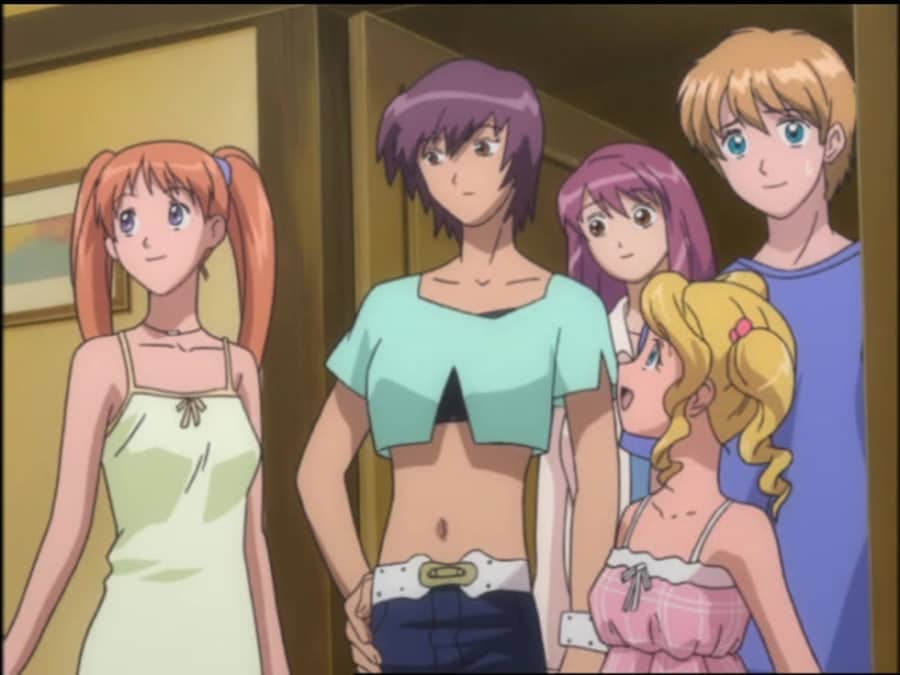
____The Good____ This anime was definitely a grower for me. I knew that it was going to be a good anime, but the more I watched it, the more interested I got in the story. This story was able to capture that motivational and inspirational vibe that a show like this should present. Even with its focus being on circus-like acts and acrobatics, the show definitely presented some of the struggles stars go through as well as its good moments. Alongside its hints of comedy, the anime was paced pretty well. Most of the characters were enjoyable too, having their own unique personalities and skills to stand out. Speaking of characters, I love how the characters aren’t one offs. Even after their main purpose has been completed, they still show up in future episodes and support the other main characters.
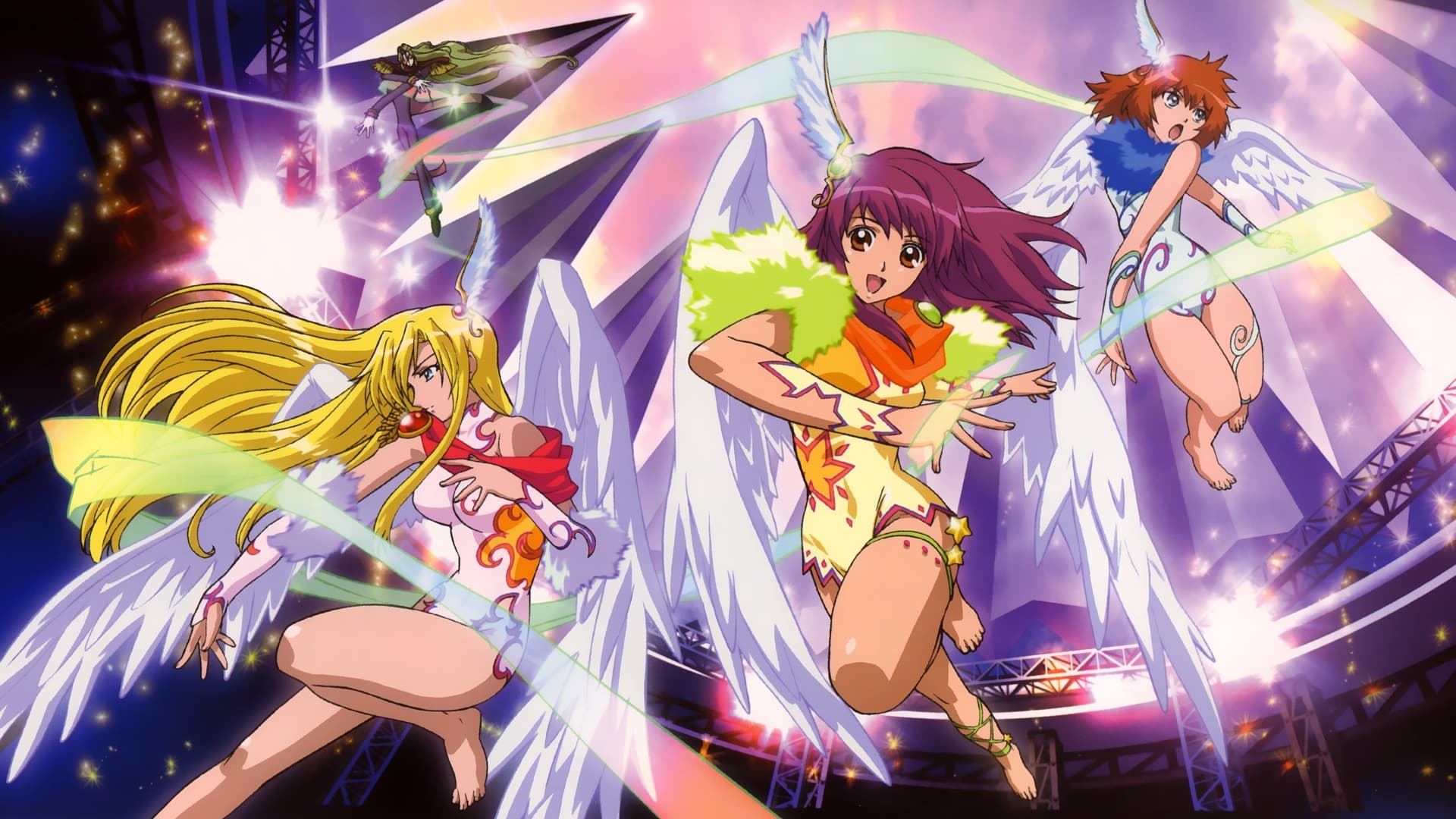
____The Bad____ Despite how good the show was, it had its weak points throughout the story. It was quite a rollercoaster seeing the anime go from something that I’d call peak to something I’d end up despising in the moment of seconds. There were a lot of times where the initial introduction of new characters left a sour taste in my mouth. Most of the time, the anime was able to come up with ways to make them seem more enjoyable to watch, but there were still two that I really disliked. Those two would arrive past the halfway mark of the show as May and Leon. Leon was just a douche overall, but he did seem to find his groove and become very enjoyable to watch. May, on the other hand, was just an absolute annoying brat. I had to fight the urge to skip her parts every time she spoke. It does seem like a compliment to the writers in making dislikable characters, but they were written so well that I ended up disliking the show when they became a main part of the story.
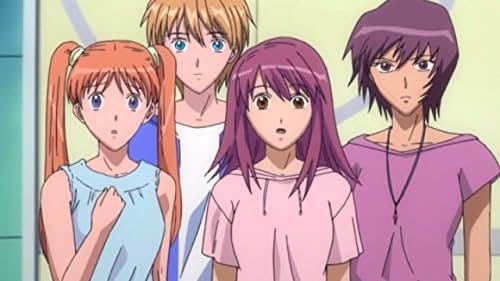
____The Downright Ugly____ Apart from the failed insertions of a few characters, I didn’t find anything else downright ugly about the anime.
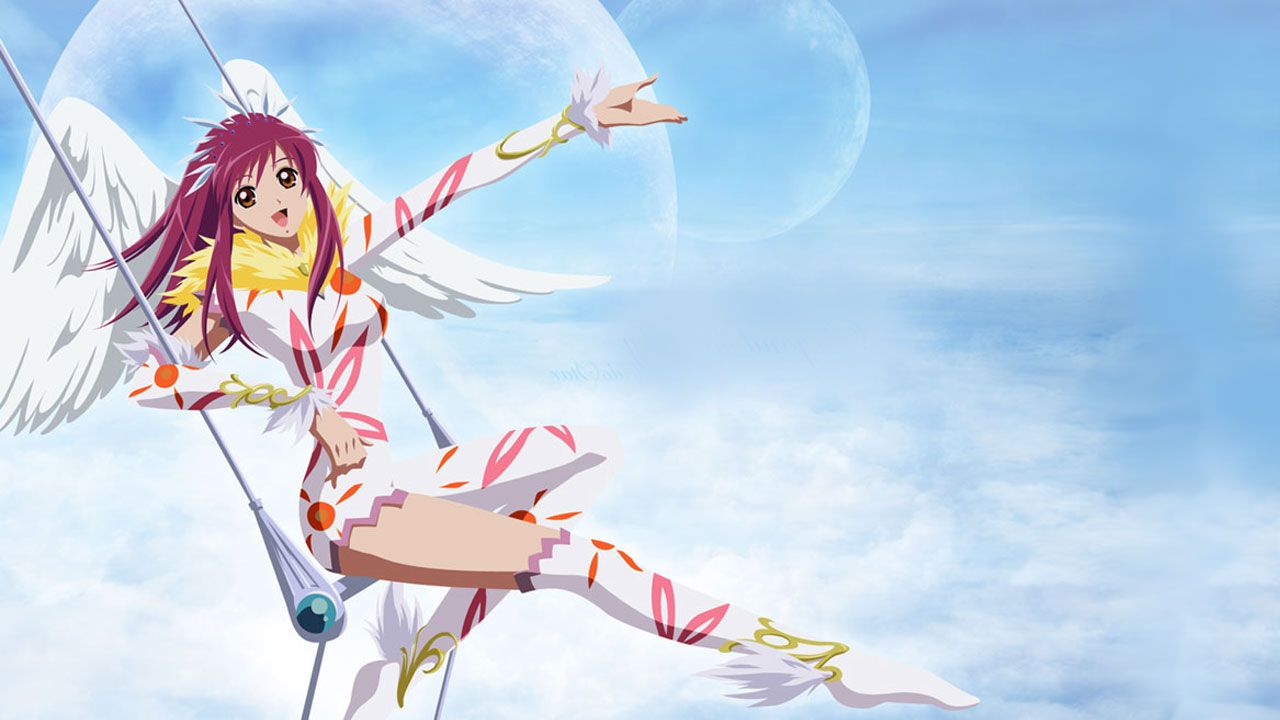
____Is It Worth The Watch?____ If you’re willing to watch 50+ episodes, I’d say that Kaleido Star is a good show to watch. Sure, it can be a bit annoying at times, but those 50 episodes really go fast because of its interesting storylines and characters.
Thank you for taking the time to read my review. I hope this helped you with your decision on whether to watch this anime or not! If you already have watched it, I hope that you can agree with me with some of the points I made. ^^
SIMILAR ANIMES YOU MAY LIKE
 ANIME ComedyFull Moon wo Sagashite
ANIME ComedyFull Moon wo Sagashite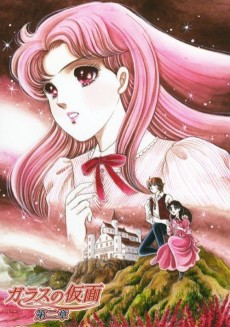 ANIME DramaGlass no Kamen
ANIME DramaGlass no Kamen ANIME DramaPrincess Tutu
ANIME DramaPrincess Tutu ANIME DramaChihayafuru
ANIME DramaChihayafuru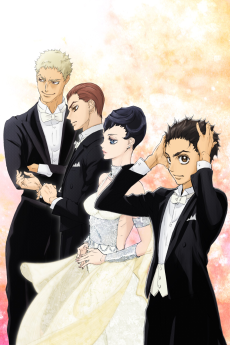 ANIME DramaBallroom e Youkoso
ANIME DramaBallroom e Youkoso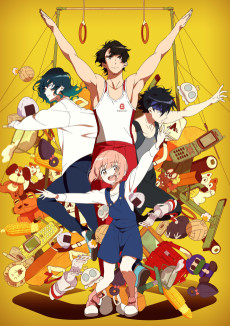 ANIME DramaTaisou Zamurai
ANIME DramaTaisou Zamurai ANIME SportsDiamond no Ace
ANIME SportsDiamond no Ace
SCORE
- (3.8/5)
MORE INFO
Ended inMarch 27, 2004
Main Studio GONZO
Favorited by 409 Users


